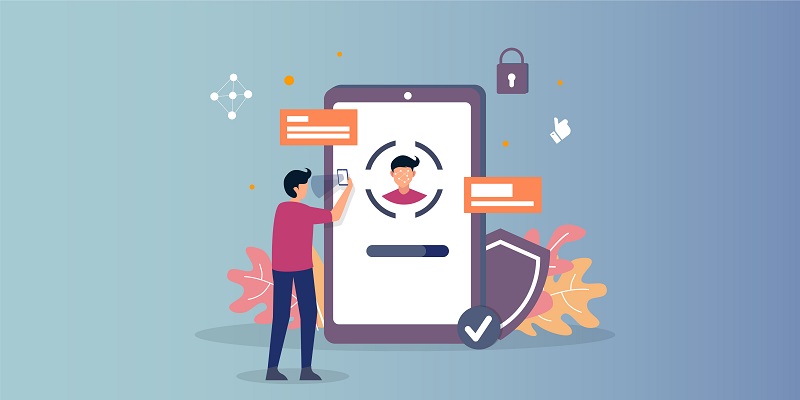In an era of rapidly advancing artificial intelligence technologies, the Worldcoin project has emerged with the aim of providing a decentralized and private solution to verify human identity online. Spearheaded in part by OpenAI CEO Sam Altman, the project launched its ecosystem token on July 24th. With a steadfast commitment to solving income inequality and revolutionizing online identity authentication, Worldcoin presents a pioneering approach to safeguard personal data.
Worldcoin Project Details
Worldcoin has set out to redefine the current models of income distribution and online identity verification. By leveraging blockchain technology, the project aims to create a more equitable economic landscape while ensuring privacy and security for individuals. The launch of the project’s ecosystem token marks a crucial milestone in this transformative journey.
The World ID: A Global Digital Passport
At the core of the Worldcoin project lies the concept of the World ID. It serves as a global digital passport that securely resides on users’ smartphones. With the World ID, individuals can unequivocally prove their human identity without being required to divulge personal identifying information. This breakthrough heralds a new era of trust and empowerment for individuals seeking a decentralized and private approach to online identity authentication.
Data privacy and security
One of the key concerns in the digital age is the protection of personal data. The Worldcoin project tackles this challenge by adopting a privacy-centric approach. Users can rest assured that their data is not stored by the project. Instead, Worldcoin employs cutting-edge technology to generate a zero-knowledge proof—a cryptographic technique—which verifies that users are human without disclosing any of the data involved in creating the proof. This ensures that individuals can maintain control over their personal information while adequately verifying their humanity.
Token listing on crypto exchanges
Following the launch of the Worldcoin ecosystem token, numerous prominent cryptocurrency exchanges have voiced their intention to list the token on their trading platforms. Among these exchanges are industry leaders such as Binance, Bybit, OKEX, Gate, and Huobi. This widespread adoption and recognition by established cryptocurrency exchanges further validates the potential impact and relevance of the Worldcoin project within the blockchain community.
Project Launch and SDK Waitlist
The Worldcoin project officially launched on March 14, marking the beginning of its ambitious endeavor. Alongside the launch, the project offered a waitlist for its software development kit (SDK), inviting developers to join the movement and contribute to the evolution of the Worldcoin ecosystem. This collaborative approach emphasizes the project’s commitment to inclusivity, innovation, and continuously enhancing the possibilities offered by decentralized online identity verification.
As artificial intelligence technologies continue to advance, so does the need for secure, decentralized, and private solutions for online identity verification. The Worldcoin project represents a significant stride towards addressing income inequality and online identity authentication challenges. By offering a global digital passport in the form of the World ID, Worldcoin empowers individuals to verify their humanity without compromising their data privacy. With support from leading crypto exchanges and ongoing technological developments, Worldcoin emerges as a pioneering force that has the potential to revolutionize how we authenticate our identities in the digital realm.

